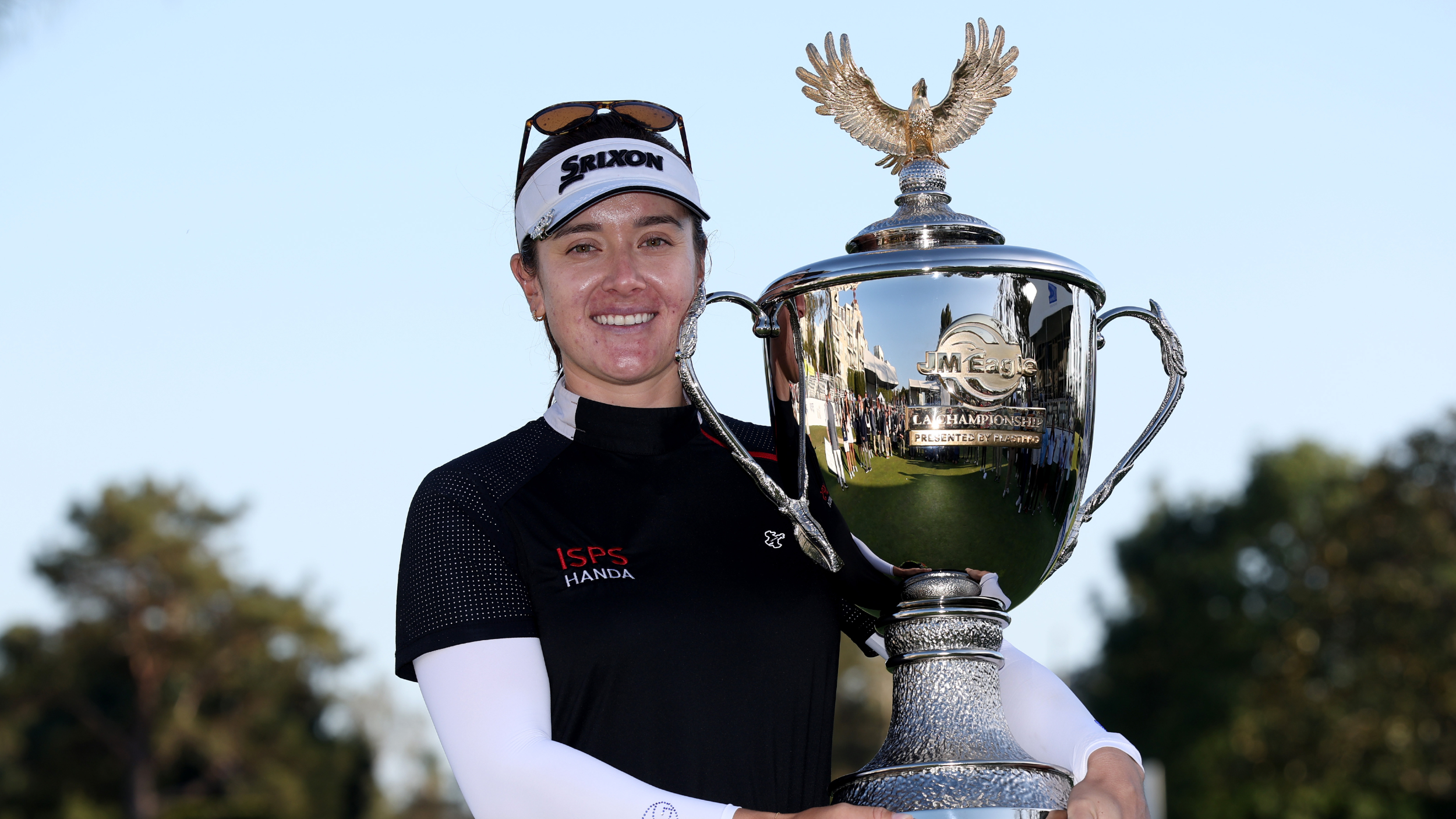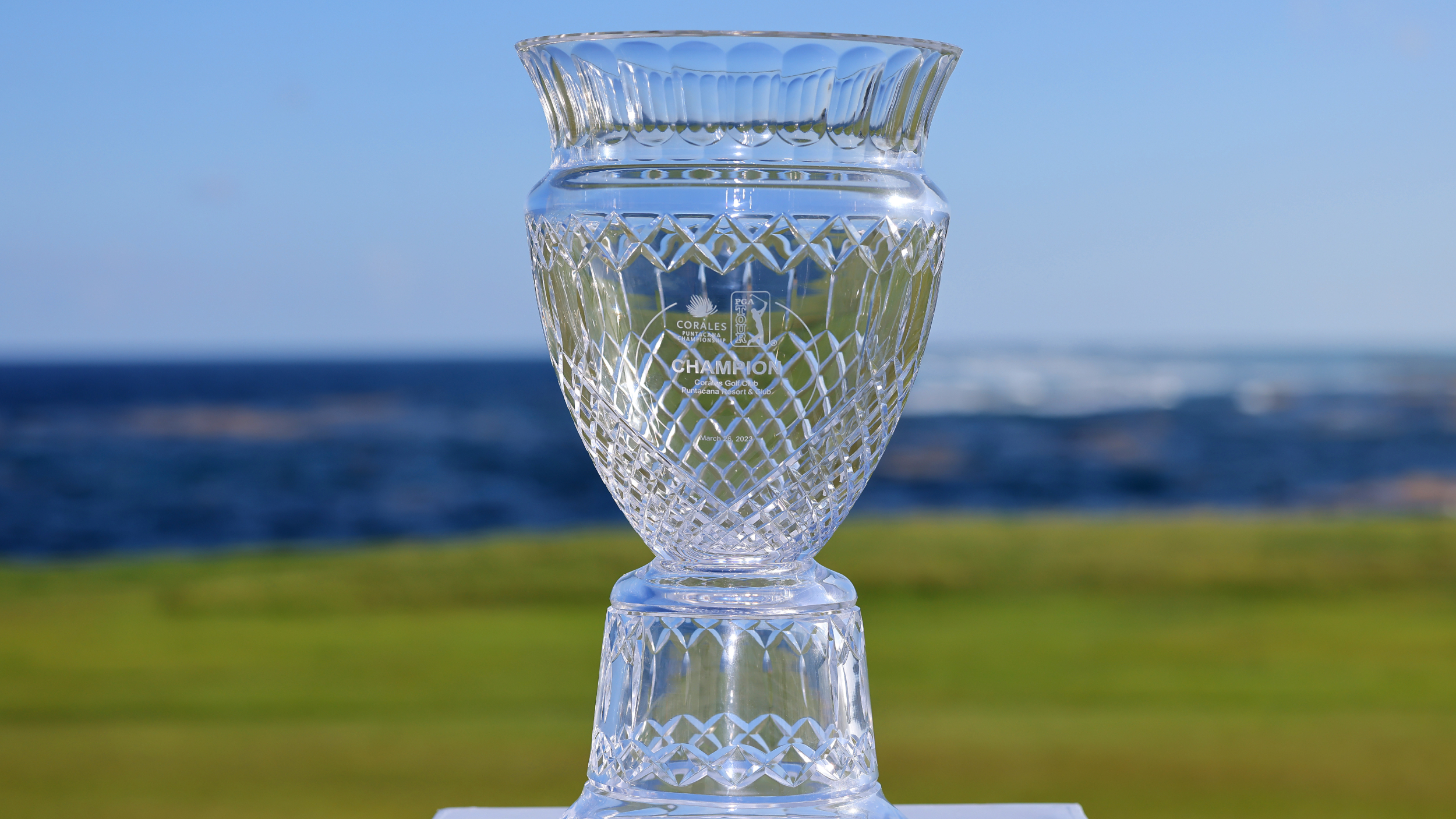The Masters - a view from the sofa. Day 3
The much-anticipated 'Moving Day' didn't materialise, as the beleaguered players struggled to get out of first gear in their quest to get into a potentially winning position during round three at the 71st Masters.
The comments in my column yesterday, inspired by trends from previous tournaments and by the perceived wisdom of the BBC commentary team, somewhat failed in terms of acting as a crystal ball for the always crucial third round of the Masters. I was convinced that scoring would improve on the first two rounds and that the organisers of this great event would probably take pity on the players and spectators by making the pin positions a little easier. I wrote of my hope that we would see a weekend of birdies - how wrong you can be.
In fact, the average score for yesterday's third round was more than 77 strokes - making it even tougher to get the ball in the hole than the first two days, which had been widely labelled as two of the toughest days in the glorious history of what is arguably our sport's most glamorous event. With the leader Stuart Appleby standing on +2, the record for the highest ever winning aggregate score of 289 (+1), which has stood for over fifty years, looks in real danger.
I noted a change in tone from the BBC team for round three, with their almost apologetic expressions of surprise that the pros were unable to make better scores over days one and two being replaced by what seemed like genuine sympathy for their plight in the most difficult of conditions. The drying fairways and greens and the cold wind meant that Augusta became something of a battlefield and Alliss, Brown and company seemed eager to praise the players as gallant heroes fighting against the odds and the elements.
Perhaps panic was setting in among the producers. As I have alluded to previously, keen golfers love the Masters unconditionally for what it is, regardless of how the tournament pans out and how the top players perform. For the casual viewer, however, the prospect of watching three rounds of golf with barely a birdie or eagle in sight can prove both puzzling and frustrating, as several non-golfing members of my family have revealed to me over the last couple of days.
The BBC team were therefore quick to champion the toughness of the course yesterday, in stark contrast to their stance over the opening couple of rounds. Sam Torrance seemed particularly excited as the coverage wound down, stating that even those players on +7 could still be in with a chance. This brought Major champions like Phil Mickelson and Retief Goosen into the equation, he said, meaning that we were set up for a rip-roaring final day where anything is possible.
Once again it was Ken Brown who provided us with the most relevant and perceptive comments. He informed us that the greens had been given extra water and the tee positions had been moved forward to grant the players some relief. As the wind picked up in the afternoon this good natured decision was rendered rather redundant, but I am sure that the players were grateful for whatever was offered to them.
Hazel Irvine's interview with 1992 champion Fred Couples was also very illuminating. Fred had made Masters history by beating Gary Player's mark of 22 consecutive cuts made, but he more than anyone else appeared battered and bruised by what Augusta had presented him with over the three days of competition. Normally such a sunny and optimistic character, a disposition that has won him many fans all over the world, his mood was unusually defeatist. This, coupled with his niggling back problems, had me thinking that he looked very close to calling time on his career - I hope that I am wrong.
Get the Golf Monthly Newsletter
Subscribe to the Golf Monthly newsletter to stay up to date with all the latest tour news, equipment news, reviews, head-to-heads and buyer’s guides from our team of experienced experts.
Alliss told us that the course was winning by some distance and that the players looked like they were treading water and taking in air at the same time. He was still able to provide some light relief by comparing Brett Wetterich's travails on the 3rd, when he seemed to fly backwards and forwards from one side of the green to other, to a game of table tennis. He speculated whimsically as to what Old Tom Morris' thoughts would be as defending champ Phil Mickelson splashed out of the bunker on 16 only to see his ball come to rest some 60 feet from the flag, while Wayne Grady said that he hoped the eventual overnight leader Appleby would win as it would enable him to afford a haircut. The excellent 'Masters Moments' told us the story of John Rae, the man after whom Rae's Creek on the 13th hole was named, and also gave us an insight into what Augusta meant to President Eisenhower.
So we head into the final day of the Masters, the stage down the years for so many magical and dramatic moments. It will be interesting to see whether somebody, most likely Tiger, can produce one of golf's great rounds to rise above the difficulties presented by the weather and course. I am sure that the BBC will be hoping for such an eventuality - either that or a European victory. However, the probability is that the winner will be the player who gives Augusta the most respect and scrambles a score close to level par for the day. Whatever happens it will be fascinating to watch, and I for one can't wait...
-
 JM Eagle LA Championship Prize Money Payout 2025
JM Eagle LA Championship Prize Money Payout 2025The LPGA Tour heads to California for the JM Eagle LA Championship, where the largest prize money payout of the season so far is on the table
By Mike Hall Published
-
 Corales Puntacana Championship Prize Money Payout 2025
Corales Puntacana Championship Prize Money Payout 2025The PGA Tour’s latest opposite field event features an attractive prize money payout and some former champions in the field
By Mike Hall Published